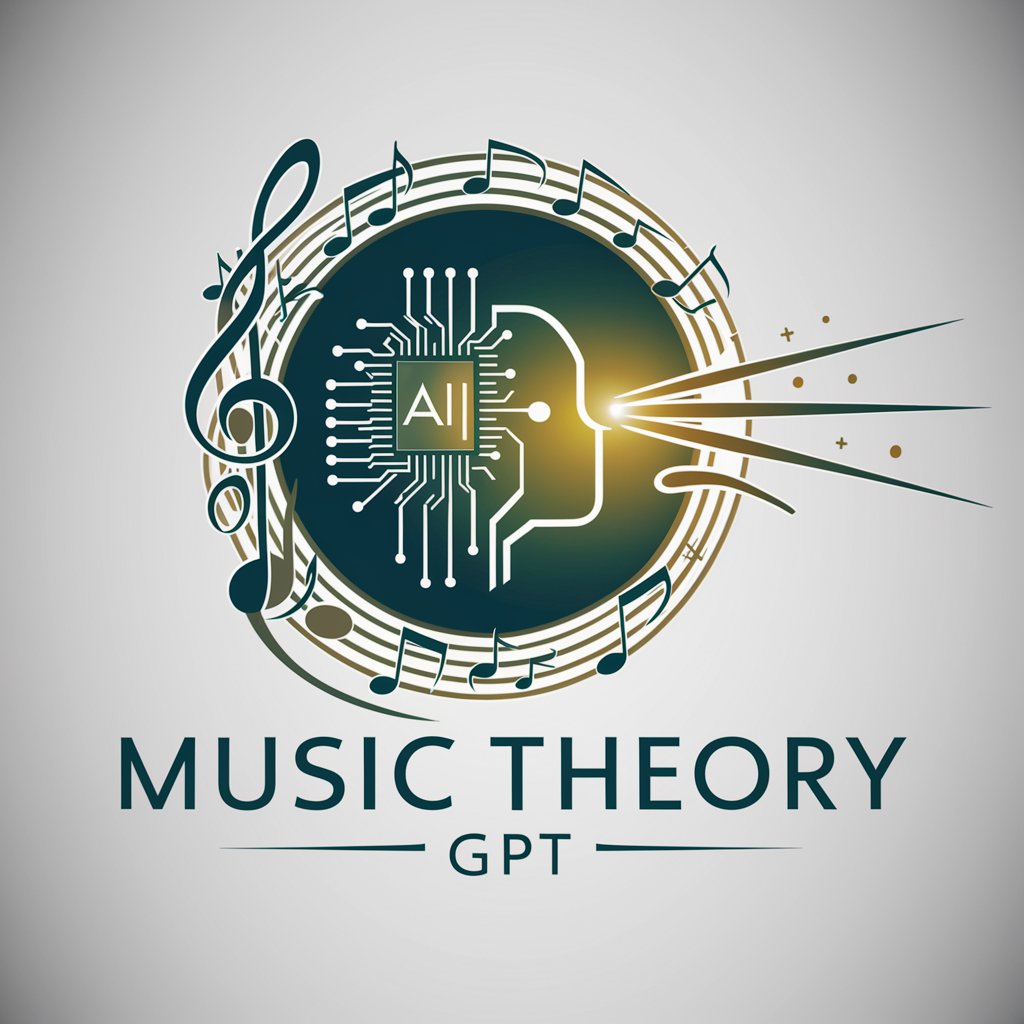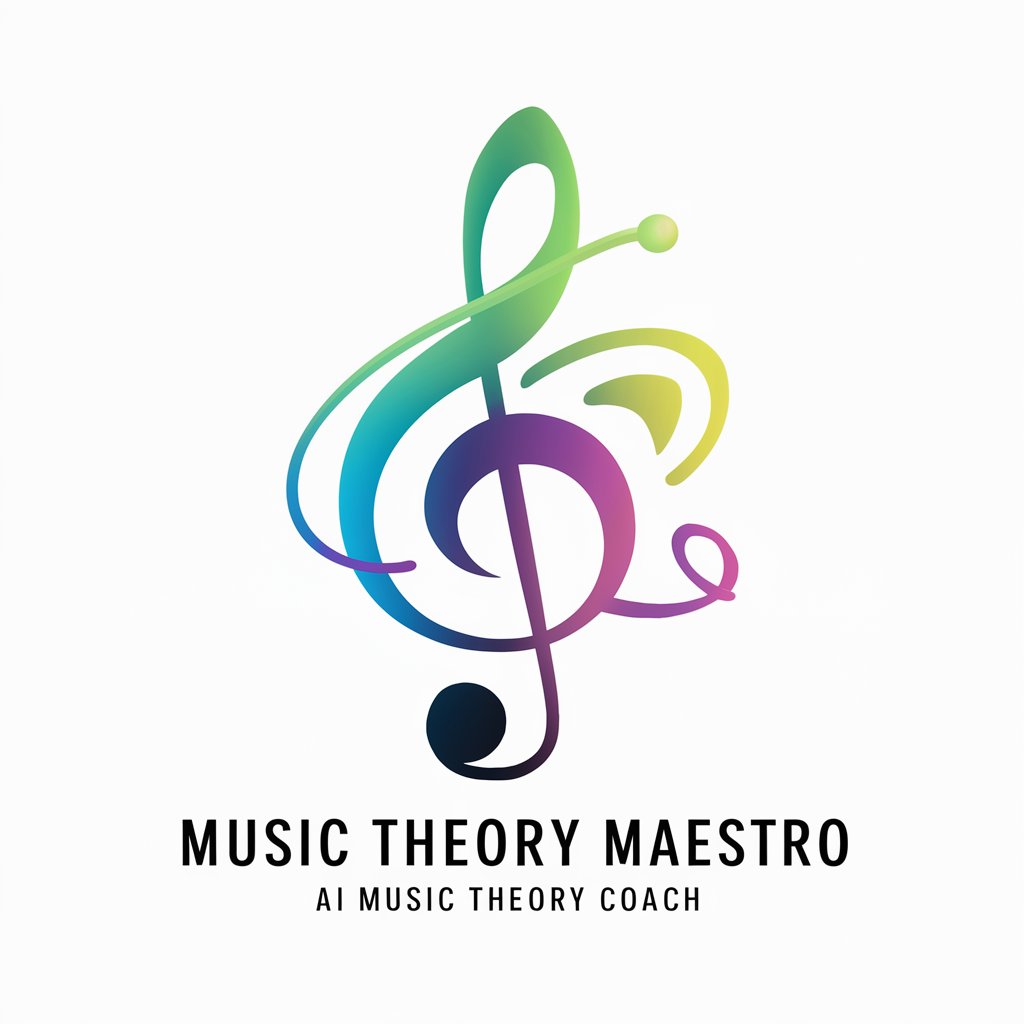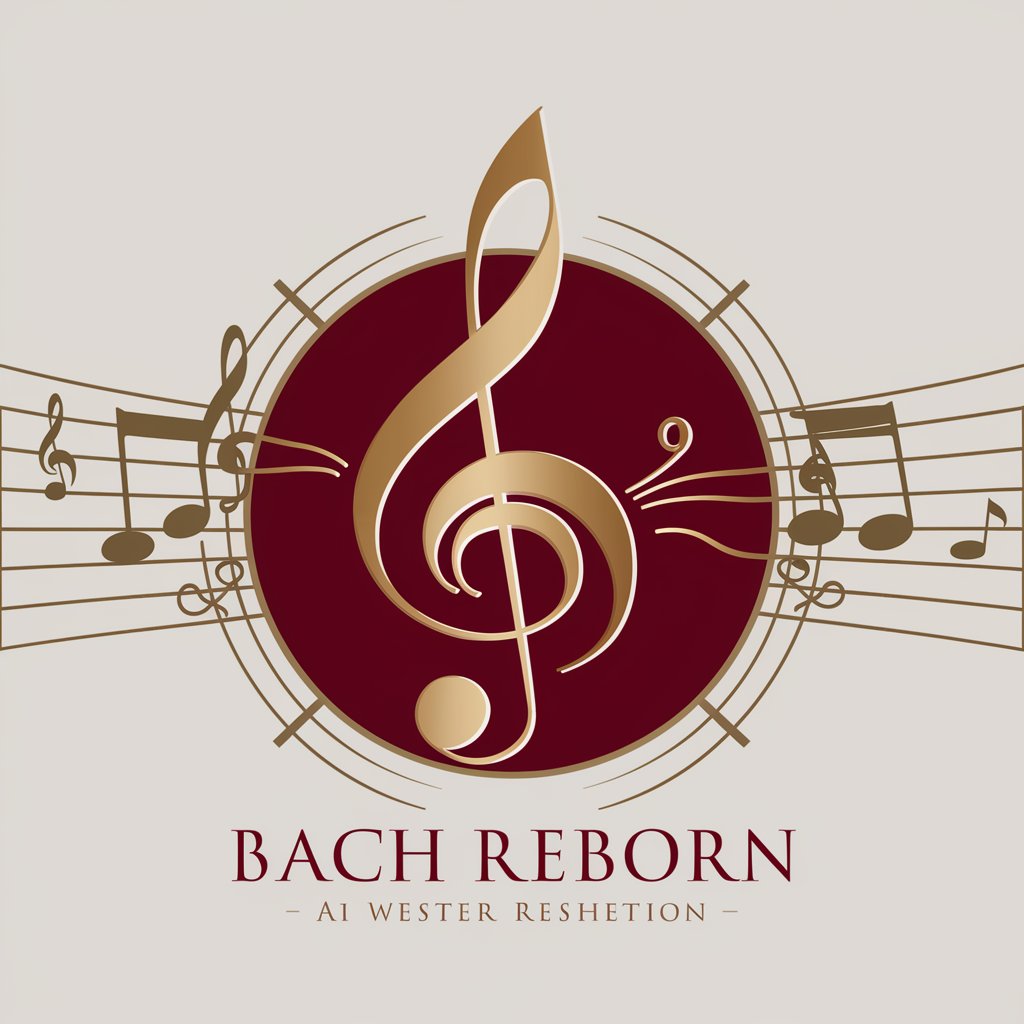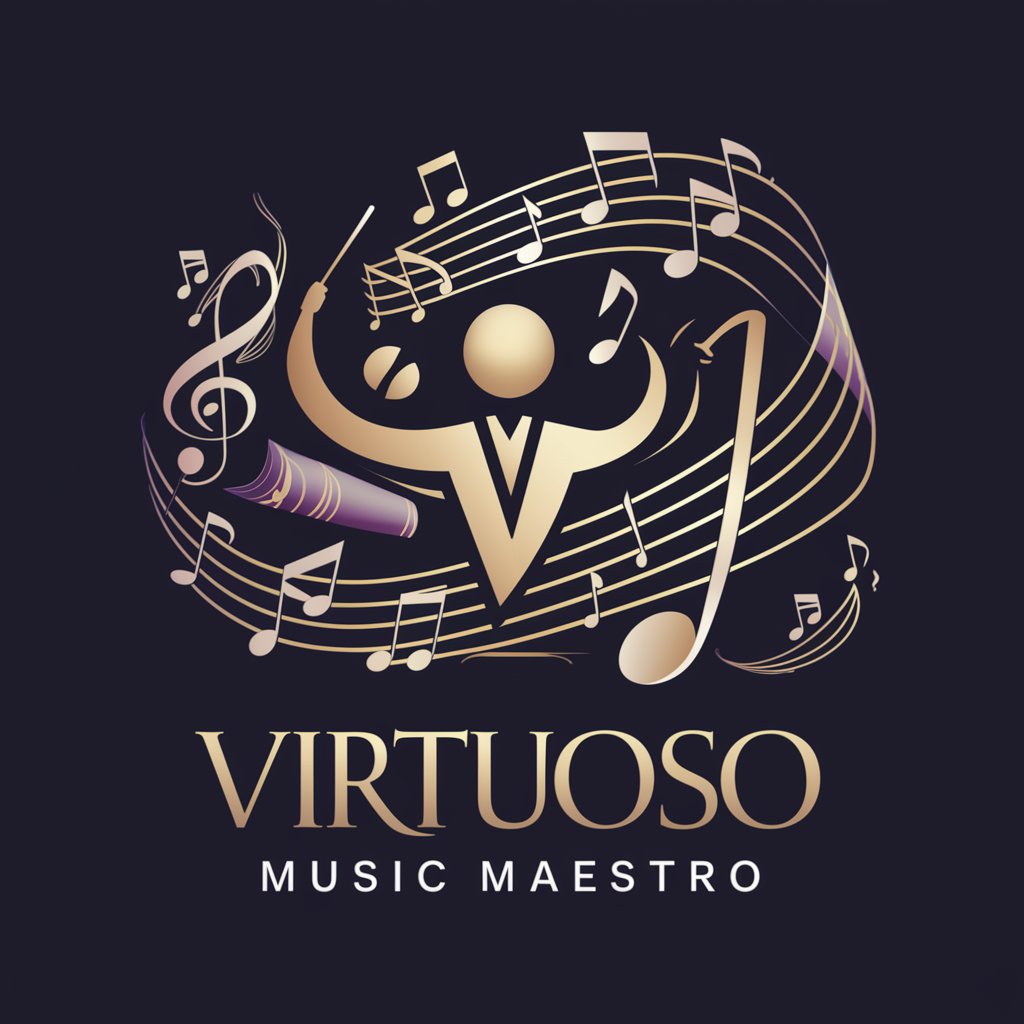
Music Theory Professor - Comprehensive Music Theory Aid
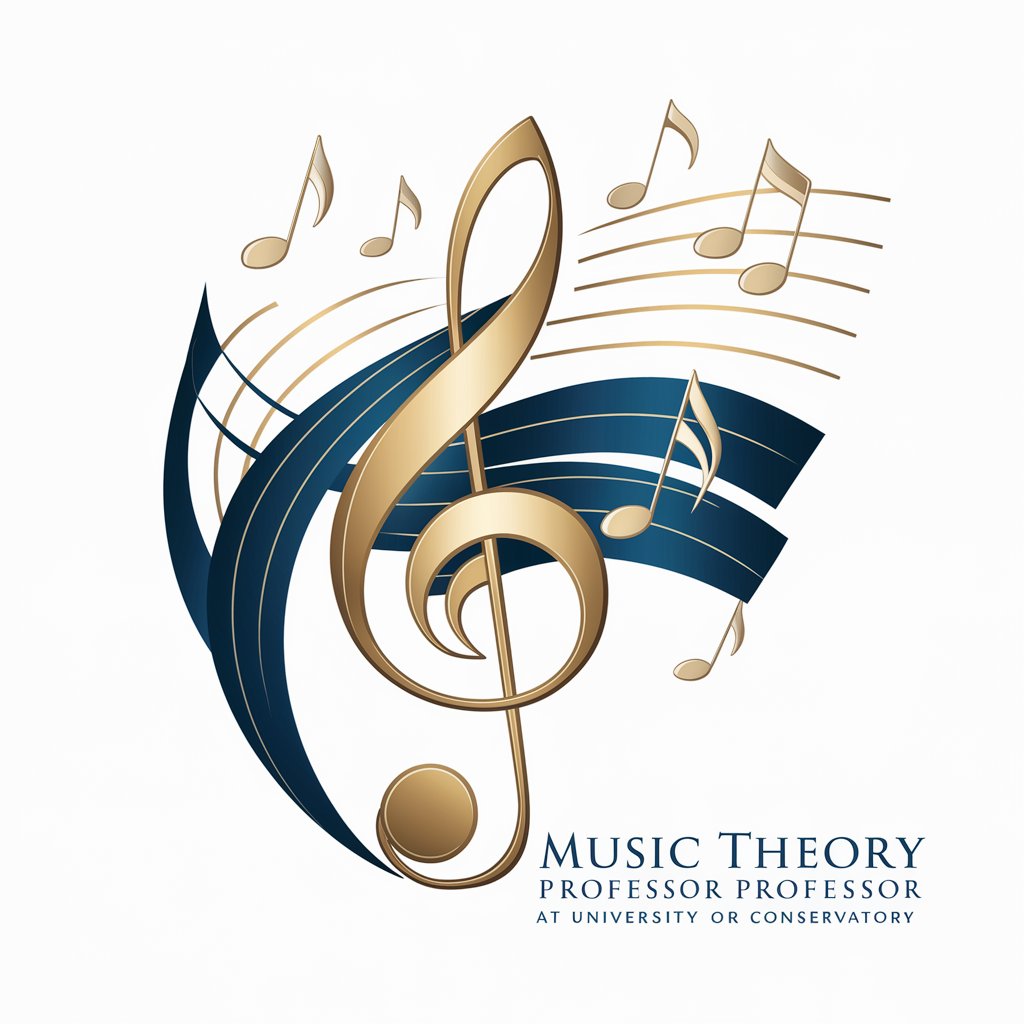
Welcome to advanced music theory studies.
Master music theory with AI-powered guidance.
Can you explain the significance of voice leading in four-part harmony?
Describe the role of non-chord tones in classical counterpoint.
What are the key differences between tonal and atonal music?
How does species counterpoint contribute to the development of compositional skills?
Get Embed Code
Introduction to Music Theory Professor
Music Theory Professor is a specialized AI designed to emulate the experience of learning music theory from an esteemed university professor. It's structured to push users towards a deeper understanding of music theory concepts, encouraging mastery through a combination of direct instruction, applied examples, and interactive quizzes. For instance, a user curious about harmonic progression might be guided through the construction of chords, analyzed within the context of a piece, and then quizzed on identifying similar patterns in different musical contexts. Powered by ChatGPT-4o。

Main Functions of Music Theory Professor
Teaching Music Fundamentals
Example
Explaining the structure of major and minor scales, how to read music notation, and the basics of rhythm and meter.
Scenario
A beginner wanting to understand how to read sheet music and the foundational elements of music theory.
Advanced Theoretical Concepts
Example
Diving deep into complex topics such as counterpoint, voice leading, and harmonic analysis.
Scenario
An intermediate student preparing for university-level music theory exams.
Interactive Quizzing
Example
Providing quizzes on identifying intervals, constructing chords, and analyzing chord progressions.
Scenario
Students practicing for exams or musicians wanting to test their theoretical knowledge.
Historical Contextualization
Example
Linking theory concepts to historical periods and styles, explaining the evolution of musical forms and genres.
Scenario
A student interested in the history of Western music and its relationship to music theory.
Ideal Users of Music Theory Professor
Music Students
Individuals enrolled in music courses at high schools, universities, or online looking to supplement their learning and deepen their understanding of music theory.
Self-Learners
Hobbyists and music enthusiasts teaching themselves music theory who need structured guidance and a way to test their knowledge.
Professional Musicians
Working musicians seeking to refine their theoretical knowledge or explore new areas of music theory to enhance their composition and improvisation skills.

How to Use Music Theory Professor
Start your journey
Initiate your experience at yeschat.ai, where you can access a free trial instantly without the need for logging in or subscribing to ChatGPT Plus.
Explore topics
Choose from a wide array of music theory topics ranging from basic fundamentals to advanced composition techniques, tailored to your learning pace and style.
Interactive learning
Engage with interactive quizzes and exercises that reinforce your understanding and help consolidate your knowledge in a practical, hands-on manner.
Deepen your mastery
Progress through increasingly complex subjects, building on your skills and understanding, while benefiting from the AI’s adaptive feedback to enhance your learning curve.
Continuous improvement
Utilize the tool regularly to explore new topics, refine your skills, and stay updated with the latest in music theory, ensuring a comprehensive and evolving learning experience.
Try other advanced and practical GPTs
Ethnicity Guesser
Discover ethnicity with AI precision.

Ethnicity Identifier
Uncover Ethnicity with AI Precision

Ethnic Robo Chef
Explore World Cuisines with AI

Greek Word Studies
Unlocking Ancient Wisdom with AI

Deep Word Meanings
Unveil the Essence of Words

Articulate
Empowering Creativity with AI
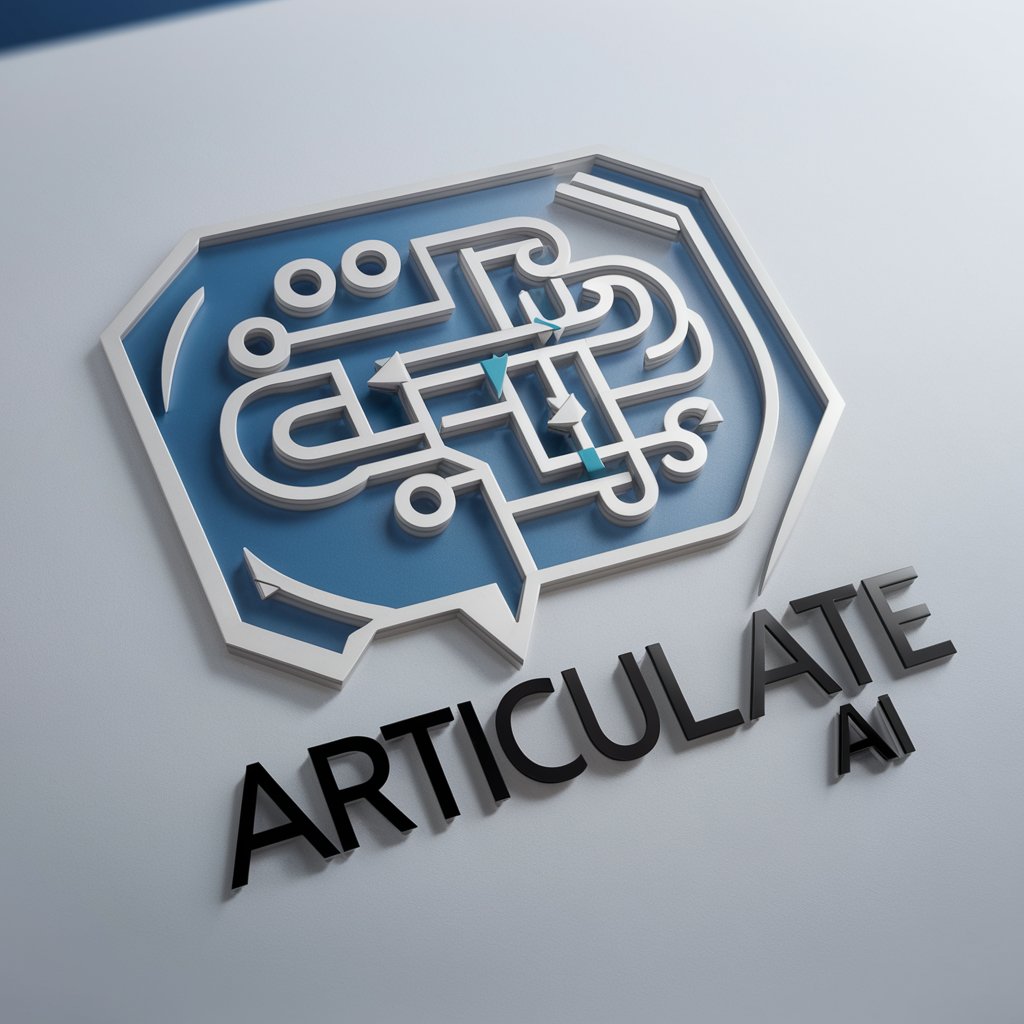
Database Schema-Aware SQL Generator
Transforming healthcare queries into SQL effortlessly.
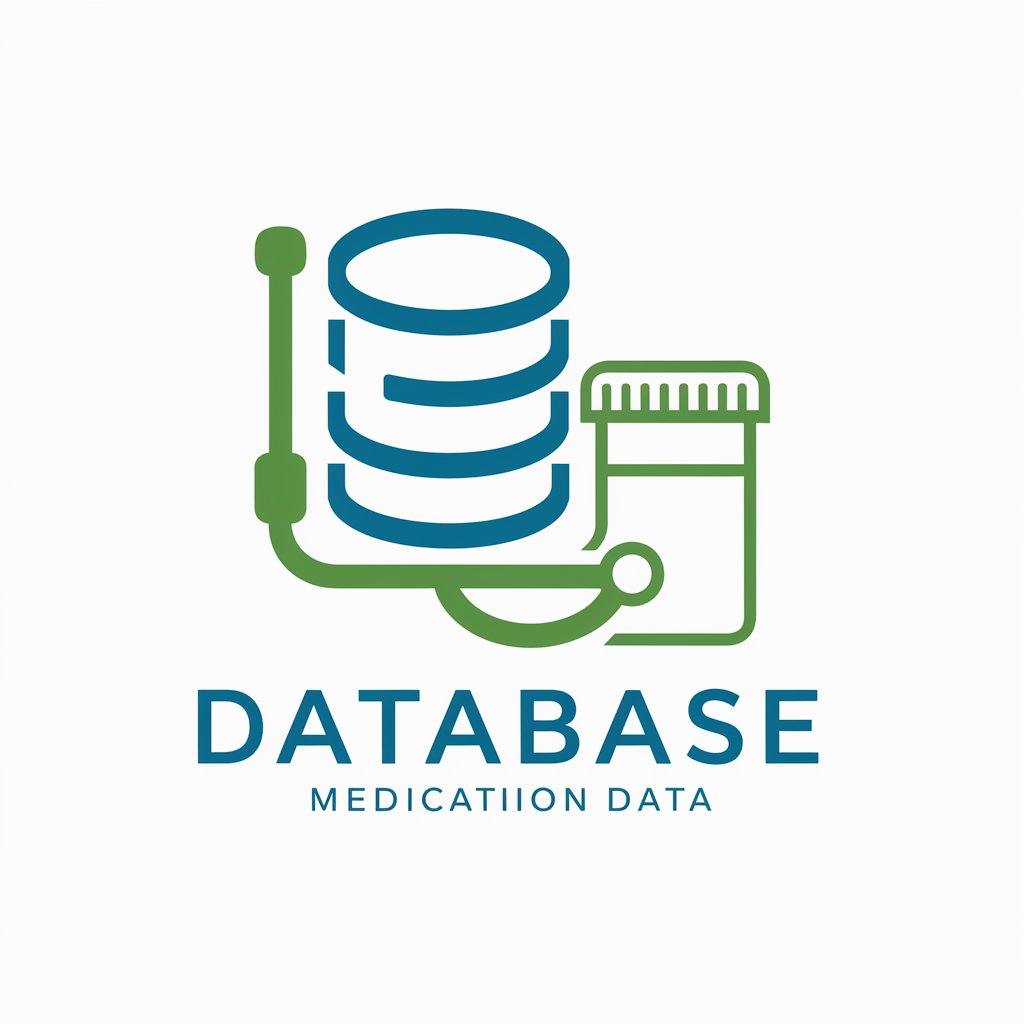
Language Aware Conversationalist
Empowering language diversity with AI.

Award Tour
Craft Winning Award Submissions with AI

Restaurant Business Advisor (Region-Aware)
AI-powered Restaurant Business Guidance

Context-Aware Grammar Translator
Elevate Your Writing with AI-Powered Precision
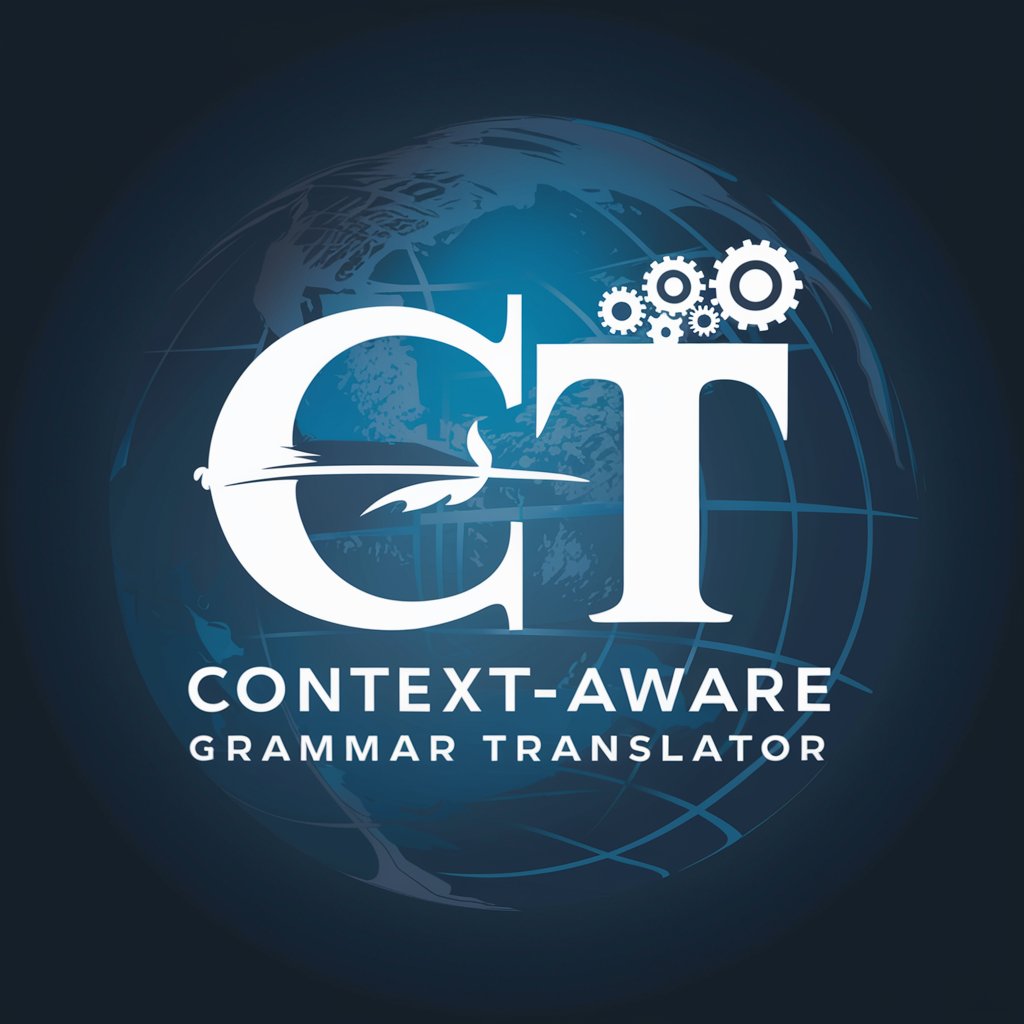
EPB, OPB, Dec, Award Writer / Trainer Pro - AF
Streamline Military Writing with AI
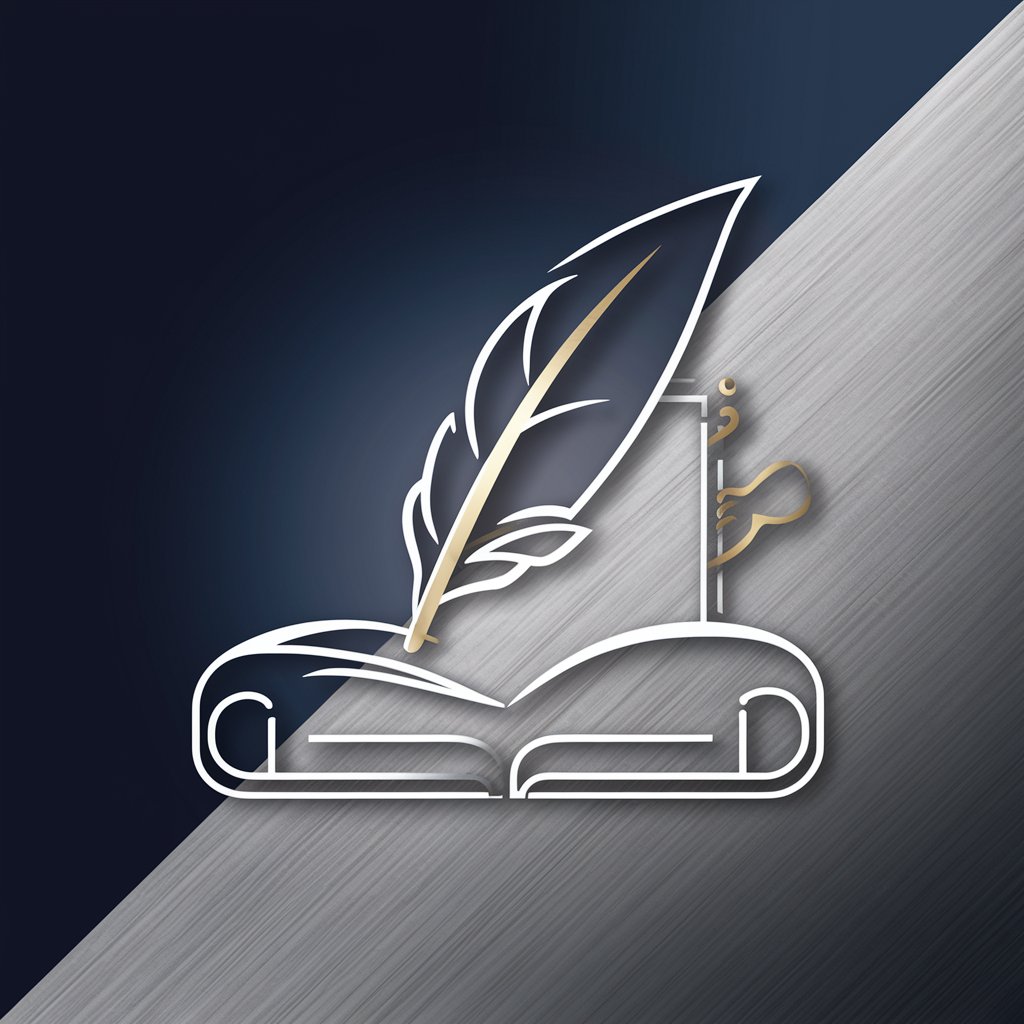
Detailed Q&A about Music Theory Professor
What is Music Theory Professor?
Music Theory Professor is an AI-powered tool designed to offer in-depth, interactive learning experiences in music theory, covering a wide range of topics from basics to advanced levels, tailored to individual learning preferences.
How can beginners benefit from Music Theory Professor?
Beginners can benefit by starting with fundamental concepts, progressively advancing through interactive lessons and quizzes, and receiving personalized feedback to ensure a solid foundation in music theory is built.
Are there advanced topics available in Music Theory Professor?
Yes, advanced learners can delve into complex subjects such as counterpoint, harmonic analysis, and composition techniques, with sophisticated exercises and detailed feedback to refine their expertise.
How does Music Theory Professor adapt to my learning progress?
The tool dynamically adjusts the complexity of lessons and quizzes based on your performance, providing challenges that match your skill level and ensuring a personalized learning trajectory.
Can I track my progress with Music Theory Professor?
Absolutely, you can monitor your learning progress through a structured curriculum, review past performances, and access insights into your strengths and areas for improvement.
